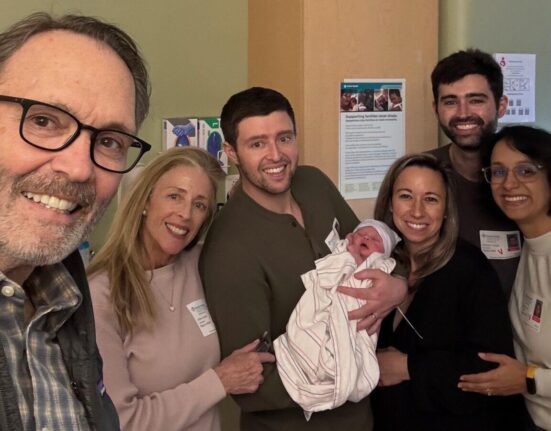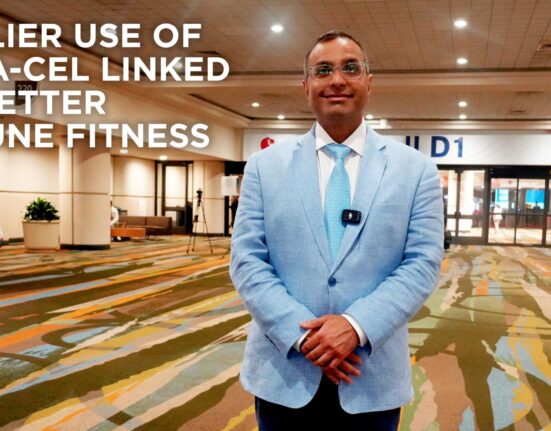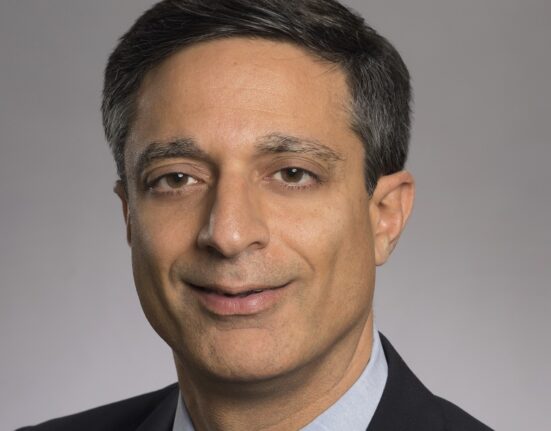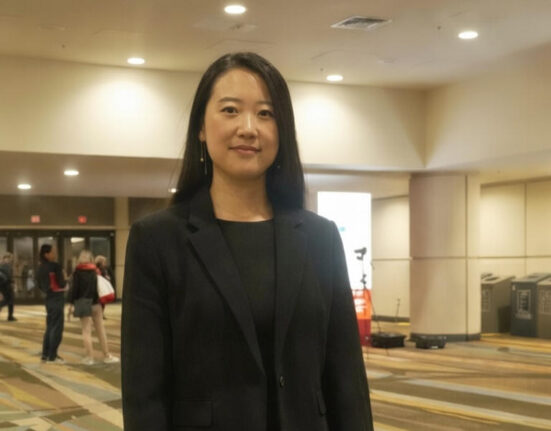Thomas G. Martin, MD, of the University of California, San Francisco, and Robert Orlowski, MD, PhD, of the University of Texas MD Anderson Cancer Center, take part in today’s myeloma debate centered around frontline and maintenance treatment.
Dr. Martin argues in favor of maintenance therapy until disease progression.
His takeaways:
Our current paradigm, which includes induction therapy, autologous transplant, and continuous maintenance, can provide progression-free survival that may exceed seven to 10 years or even longer. To change that paradigm right now, we would need to be confident we can preserve such great results.
The majority of patients are able to stay on continuous maintenance (often just lenalidomide or a combination of lenalidomide and a CD38 antibody) with minimal toxicity. Most can tolerate it well and maintain their quality of life, with remission durations approaching a decade or more. In some cases, maybe 20% to 30%, patients may be cured, meaning their disease doesn’t come back. Again, to change that paradigm, we would need very good data.
The therapies we are using now—if someone stays on maintenance and relapses 10 years from now—those same therapies will not even be part of our treatment playbook. By then, we will be treating with newer and better therapies.
If we are going to shorten or take patients off maintenance therapy, we need to be very sure that doing so will not jeopardize the long-term remissions we are currently seeing.
Dr. Orlowski says maintenance therapy should be guided by measurable residual disease (MRD).
His takeaways:
The likelihood of relapse is low in patients with standard-risk disease who achieve sustained MRD negativity after a fixed duration of maintenance and then stop treatment.
Patients generally enjoy a superior quality of life with fewer toxicities, including financial, when they are off treatment and likely have a lower rate of second primary malignancies.
Stopping maintenance may help to preserve treatment options in the event that relapse does occur and may improve outcomes with the next line of therapy since relapsed disease typically has a better prognosis than refractory disease.
Visit the SOHO 2025 meeting news page for more coverage from the meeting.







